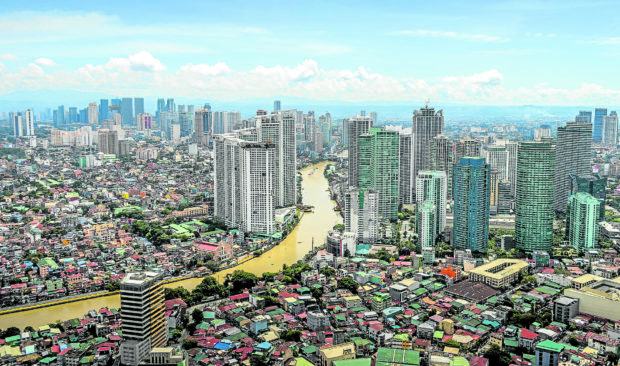
In Metro Manila, investors quite often look for developments that are accessible or near transportation hubs and commercial areas.
For the past 18 months, it has been more difficult for foreign property investors to consider the Philippines as an investment location. This can be due to stringent travel bans, or the local GDP contraction.
However, there are still many foreigners who are keen on investing in the Philippines due to its economic track record and positive outlook once the economy recovers. In fact, for my company PropertyAccess, we were able to sell more than $80 million worth of Philippine properties over the last 18 months in retail transactions alone. This shows that foreign investors, or at least Japanese investors, are still interested in Philippine properties. So what are the common criteria for investing in overseas properties?
Country information, demographics
The first elements savvy investors commonly check are the economic parameters and investment grading, to see if the country is still a safe place to invest in. Aside from the GDP growth, interest rates and other common economic parameters, foreign investors are also keen on checking the average age and urban population growth. The younger the average age is, the growth of the working population increases thus potentially increasing the demand for housing.
Investment return
There are a lot of risks that foreign investors look into when investing overseas, such as currency exchange rates, political and economic risks, tax regulations and other external risks. However, if the overseas properties offer high investment returns, these risks are worth taking.
For example, an investor can commonly expect up to 3 percent yield for a residential property in central Tokyo. For overseas investments, they usually look for at least double that yield. So to justify the investment, the yield must be at least 6 percent. Developers who offer guaranteed IRR with these numbers are even more likely to attract investors for their projects.
Reputable developers
Reputable property developers (either leading companies or boutique firms) are still the premium choices for foreign investors, since these are the ones that routinely deliver projects on time. However, based on experience, being a top company doesn’t automatically classify a developer as reputable, since there are some top developers who are notorious overseas for not finishing projects on time.
Location
In Metro Manila, investors quite often look for developments that are accessible or near transportation hubs and commercial areas. For example, our clients usually prefer properties that are accessible via the Metro Manila train stations.
Type of tenants
When studying the properties they are interested in, investors always research the type of tenants the property location will attract. Often, they check the average income of the working population in the area, or the type of demographics the nearby schools attract to see if they can afford the rent of the properties.